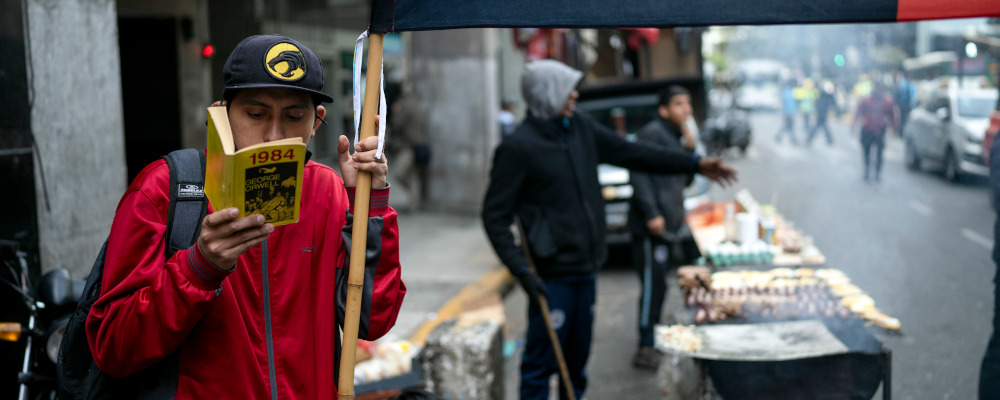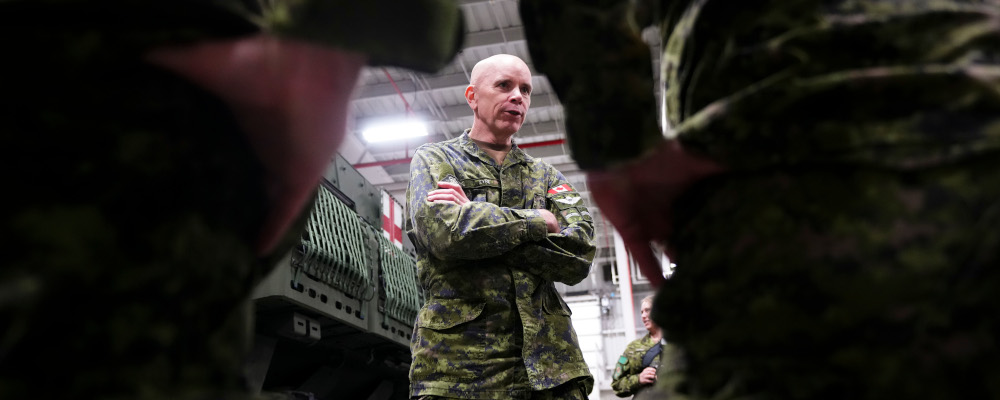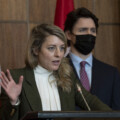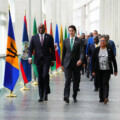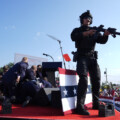Of the 23 books I reviewed this year, I’ve been asked to select five books that left a lasting impression. I whittled them down to 12, then eight, and now five. If you ask me next week to do the same thing, I’ll probably come up with a completely different list. For the time being, here they are in no particular order.
The Tragic Mind, by Robert Kaplan, Yale University Press, 2023
This is Kaplan’s most personal book. It’s a powerful reminder that life is filled with high-minded intentions when countries go to war, as the U.S. did in 2004 to overthrow Saddam Hussein. Kaplan admits he was caught up in Washington groupthink to bring democracy to a country subjugated by a ruthless leader. Though embedded with the Marines in Falluja, he realized too late that the war was a mistake.
His position changed when he witnessed the brutality and anarchy that led to countless innocent deaths, causing him to suffer a clinical depression that lasted for years. He turned to the wisdom of the ancient Greek writers for solace and wisdom. The book reminds us that tragedy is never far behind, no matter how hard we try to do the right thing.
When Race Trumps Merit, by Heather Mac Donald, DW Books, 2023
Heather Mac Donald is both smart and courageous. She has written a book almost everyone agrees with but can’t say it out loud. Her book directly challenges philosopher Michael Sandel’s notion that we have fetishized merit to the point that society’s winners don’t deserve their good fortune. But who is to decide how wealth is to be divided if not by some form of merit? Mac Donald knows that bureaucrats will fill the vacuum. In our impatience to advance the interests of racial minorities, we have allowed administrative elites to right the wrongs of history by rebalancing jobs and income based on race and gender.
As I mentioned in my review, the objective is no longer to raise the educational standards of minorities but to do away with testing while blaming Western culture for persistent racism. Mac Donald tells us little good will come of it.
The Chile Project: The Story of the Chicago Boys and the Downfall of Neoliberalism, by Sebastian Edwards, Princeton University Press, 2023
Perhaps the most misunderstood country in South America is Chile, which went from one of the poorest countries to the richest in the southern hemisphere. The road to wealth wasn’t easy or inevitable. The country was on its knees politically and economically after Augusto Pinochet overthrew the Allende government in 1973. Thirty years later, Chile had the highest per capita income in Latin America, not from design but by accident. A group of Chilean students at the University of Chicago had a ready-made plan to transform the economy based on the free market principle.
No one liked the plan, not even Pinochet or Chile’s big business. Sebastian Edwards, a Chilean economist at UCLA, tells the fascinating story of how a neoliberal plan was adopted not because it was the best but because it was the only one ready to go. Edwards also puts to rest the notion that the American economist Milton Friedman was the driving force behind the reforms. The tragedy today is that an extreme-Left government is determined to abolish every trace of neoliberal economic principles and, with it, Chile’s prosperity.
Why Empires Fall: Rome, America and the Future of the West, by Peter Heather and John Rapley, Yale University Press, 2023
When we want to understand how today’s empires will fare—here we’re talking mainly of the United States—we naturally look to the past for deeper insights. In the West, we look to the Roman Empire for lessons and, in particular, to the classic work of Edward Gibbons. According to historian Peter Heather, that’s part of the problem. Rome’s fall wasn’t the long, slow decline, as Gibbon claimed. Rome reached its economic apex around 400 AD and fell quickly over the next few decades. Rome’s insatiable quest for more land and treasure led it to overreach, stressing its internal political system while strengthening its neighbours. In brief, the Roman Empire’s prosperity sowed the seeds of its demise. So far, so good.
The book’s second part argues that if the U.S. wants to avoid Rome’s demise, it should have a range of liberal social policies, from universal income programs to higher minimum wages and a whole range of other social progressive programs, including liberal immigration policies.
The main strength of Why Empires Fall is that we now know more about Rome’s decline and the rise of outside powers that contributed to Rome’s demise. But to leap from that insight to pushing for a range of progressive policies to save the West—policies mainly aimed at the U.S.—stretches the fall of Rome analogy beyond the finding of archeological evidence and a misuse of history to push popular progressive agendas.

Orwell: The New Life, by D.J. Taylor, Constable, 2023
My last suggestion isn’t a policy book at all. It’s a biography of George Orwell, one of my heroes who helped bring down one of the world’s most pernicious political theories with two books, 1984 and Animal Farm. But all heroes are flawed, and Orwell is no exception. D.J. Taylor goes deep into Orwell’s life, drawing from a new stash of letters that have come to light. What we find is a rather disturbing picture of the man.
As I write in my review, Orwell was “Eton educated but with a penchant for living with the destitute; a believer in treating each other with decency but slept with young Arab prostitutes from Marrakech; an atheist all his life but insisted on a traditional Christian burial.” Orwell also showed a streak of antisemitism and homophobia. Then there is the question of how he treated his first wife, Eileen, who was at Orwell’s side when he needed her, but he was absent when she needed him.
Orwell was a complicated man and not the saint many imagined in his private life. Heroes, more than not, come with horns. He was imperfect as a human being but perfect as a political thinker.
Recommended for You
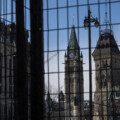
The Weekly Wrap: It’s time to cut through Chesterton’s Fence and implement sweeping reform in Canada

Ginny Roth: J.D. Vance, Pierre Poilievre, and how they slice their economic pie

David Polansky: As President Biden leaves the race, will the Democratic Party hodgepodge hold?

RCMP spending to protect MPs may have risen 112% since 2018, as Canadian politicians face greater rise in threats

